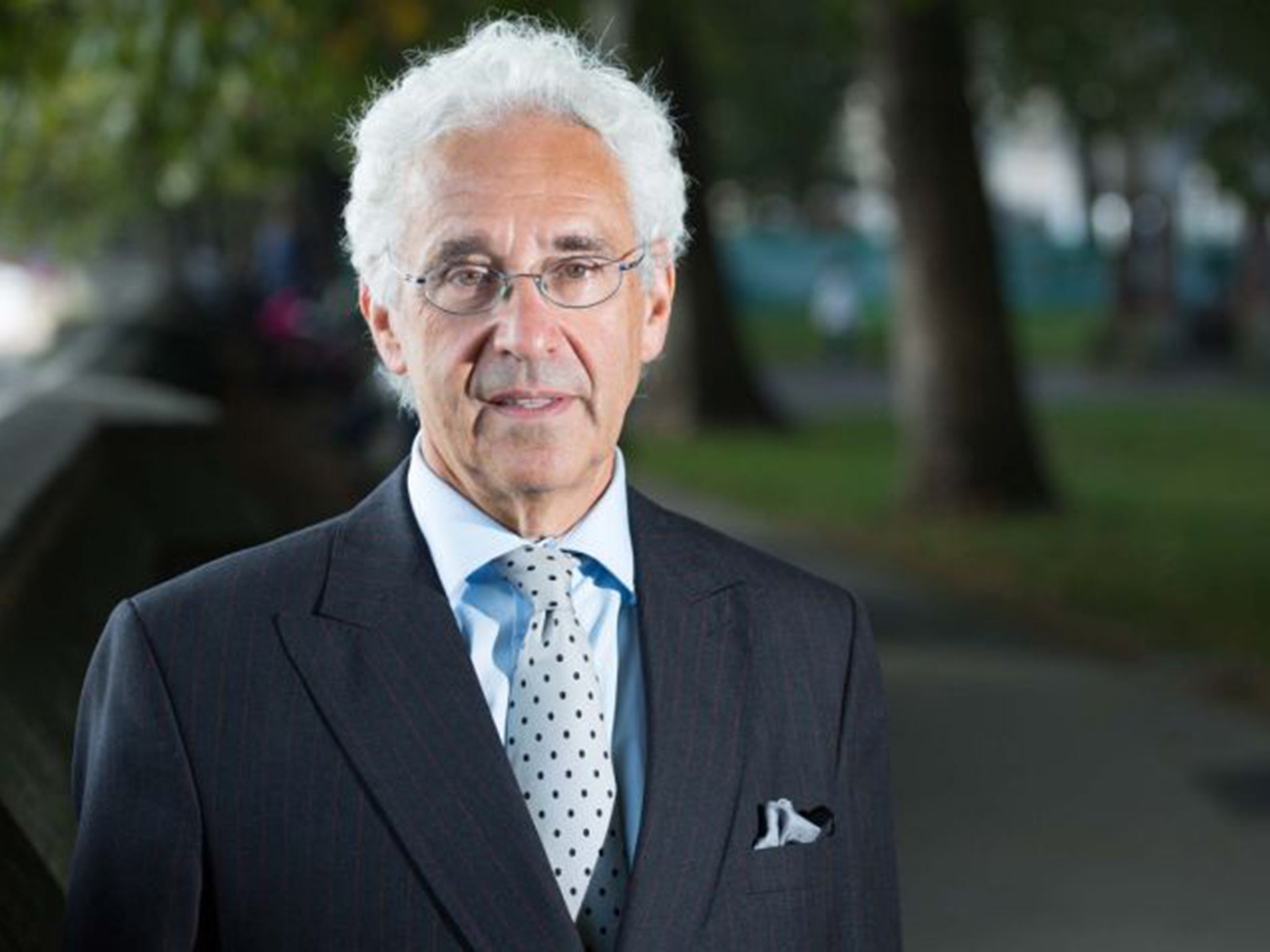No such thing as right not to be offended, says outgoing press watchdog chief
Freedom of speech must trump individual feelings of distress, reckons Sir Alan Moses

Your support helps us to tell the story
From reproductive rights to climate change to Big Tech, The Independent is on the ground when the story is developing. Whether it's investigating the financials of Elon Musk's pro-Trump PAC or producing our latest documentary, 'The A Word', which shines a light on the American women fighting for reproductive rights, we know how important it is to parse out the facts from the messaging.
At such a critical moment in US history, we need reporters on the ground. Your donation allows us to keep sending journalists to speak to both sides of the story.
The Independent is trusted by Americans across the entire political spectrum. And unlike many other quality news outlets, we choose not to lock Americans out of our reporting and analysis with paywalls. We believe quality journalism should be available to everyone, paid for by those who can afford it.
Your support makes all the difference.There is no such thing as a right not to be offended, the outgoing chairman of the UK’s leading press regulator has said.
Sir Alan Moses, a former lord justice of appeal, said freedom of speech must trump individual feelings of distress or hurt caused by unpleasant opinions.
“If you’re the victim of something that is deeply offensive, it is the most unpleasant, uncomfortable thing that you can imagine,” the 74-year-old told The Times. “But what we have to acknowledge is that, in striking the right balance in this country, there is no right not to be offended.”
The former judge has led the Independent Press Standards Organisation (Ipso), which regulates more than 1,500 newspapers and websites since its foundation in 2014.
He suggested complaints about offence was one of the most challenging aspects of the role.
But he said it was vital for democracy that the media be allowed to discuss sensitive subjects such as religion and gender without fear of being censored.
And he described Ipso’s model of “self-regulation with a contract” as the best system available for monitoring the media.
“The alternatives — no regulation or a statutory licensing system — seem to me completely unacceptable,” said Sir Alan, who steps down next week. “The idea that the law should control what newspapers should and shouldn’t say, as the price of being able to publish, seems to me quite wrong . . . and fundamentally dangerous.”
Ipso was established by publishers as an independent self-regulator after the Leveson Inquiry into the conduct and ethics of the press following revelations about tabloid voicemail hacking.
It investigated 507 complaints last year, upholding 71.
Sir Alan is to be replaced by Lord Faulks, a barrister and former member of the Tory party.
Join our commenting forum
Join thought-provoking conversations, follow other Independent readers and see their replies
Comments